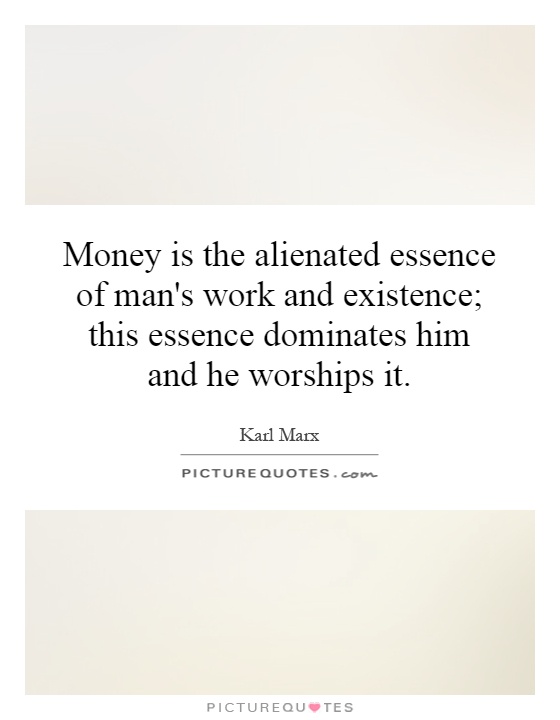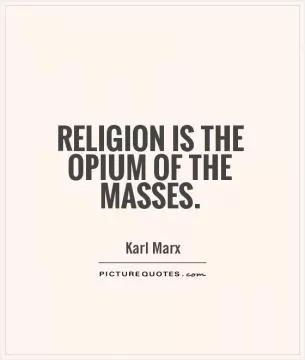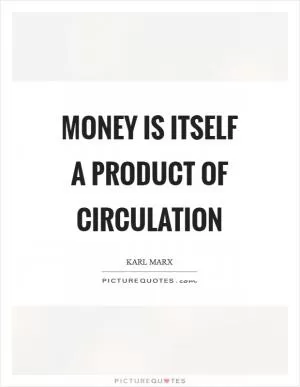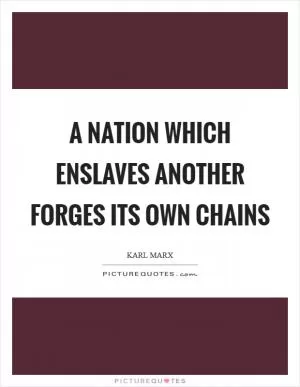Money is the alienated essence of man's work and existence; this essence dominates him and he worships it

Money is the alienated essence of man's work and existence; this essence dominates him and he worships it
Karl Marx, a renowned philosopher and economist, believed that money is the alienated essence of man's work and existence. In his critique of capitalism, Marx argued that the capitalist system alienates workers from the products of their labor, from the process of production, and ultimately from themselves. This alienation is manifested in the form of money, which becomes the dominant force in shaping human behavior and relationships.According to Marx, money is not simply a medium of exchange or a store of value, but rather a symbol of the power and control that the capitalist class exerts over the working class. In a capitalist society, money becomes the measure of a person's worth and success, leading individuals to worship it as the ultimate goal of their existence. This worship of money is a form of false consciousness, where individuals are led to believe that their happiness and fulfillment can be achieved through the accumulation of wealth.
Marx argued that this alienation from one's work and existence is a fundamental contradiction of capitalism, as it leads to the exploitation and oppression of the working class by the capitalist class. The capitalist system is built on the extraction of surplus value from workers, who are forced to sell their labor power in exchange for a wage. This process of exploitation further alienates workers from the products of their labor, as they have no control over the means of production or the distribution of wealth.
In this context, money becomes the embodiment of the alienation and domination that characterizes capitalist society. Workers are compelled to worship money as a means of survival, as they are dependent on it for their basic needs and livelihood. The pursuit of wealth becomes a relentless pursuit, as individuals are driven to work longer hours and sacrifice their well-being in order to earn more money.
Marx believed that the alienation of man from his work and existence could only be overcome through the abolition of capitalism and the establishment of a socialist society. In a socialist society, the means of production would be owned collectively by the workers, who would have control over their own labor and the distribution of wealth. Money would no longer be the dominant force shaping human behavior, but rather a tool for facilitating exchange and cooperation among individuals.












 Friendship Quotes
Friendship Quotes Love Quotes
Love Quotes Life Quotes
Life Quotes Funny Quotes
Funny Quotes Motivational Quotes
Motivational Quotes Inspirational Quotes
Inspirational Quotes